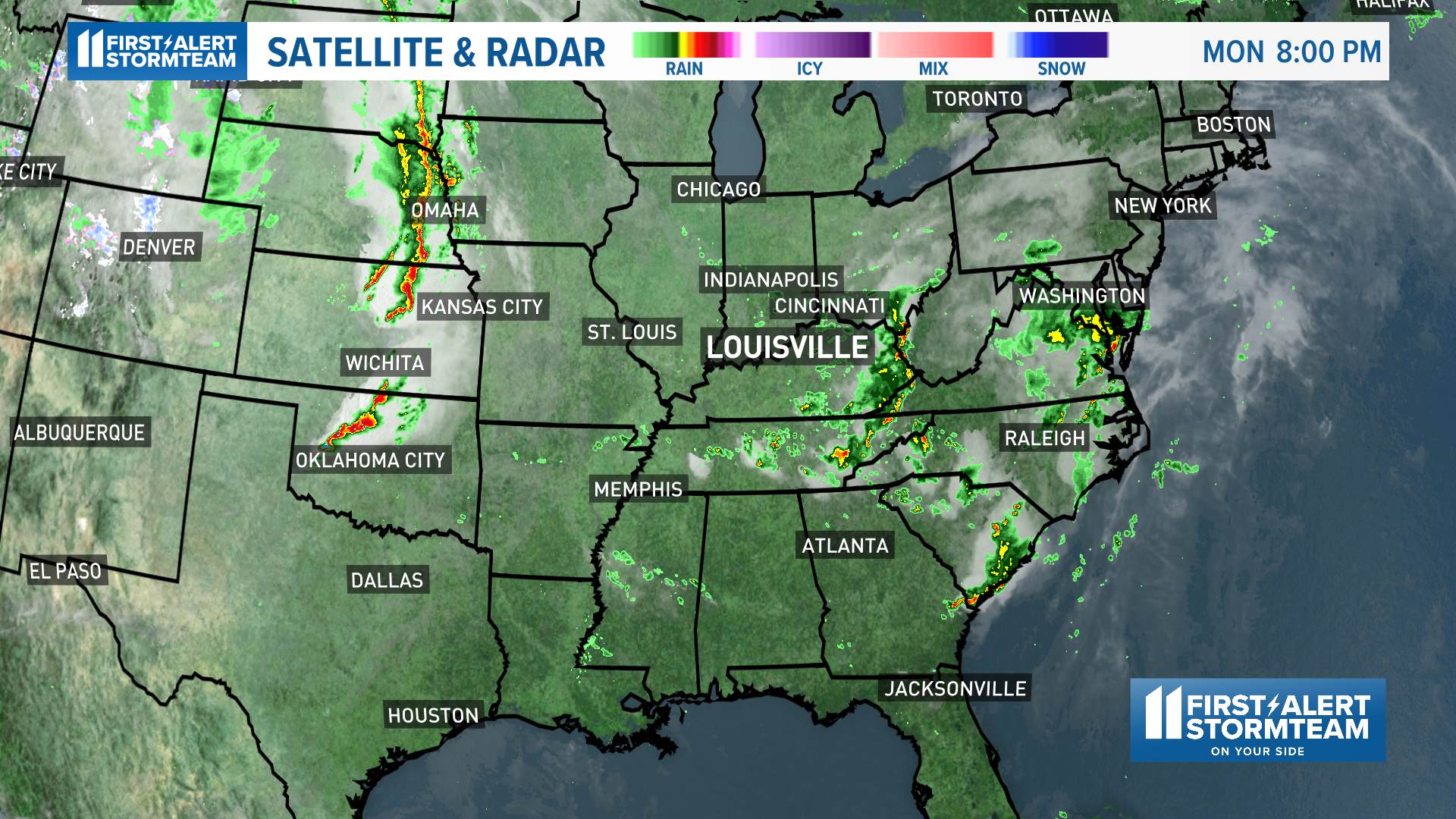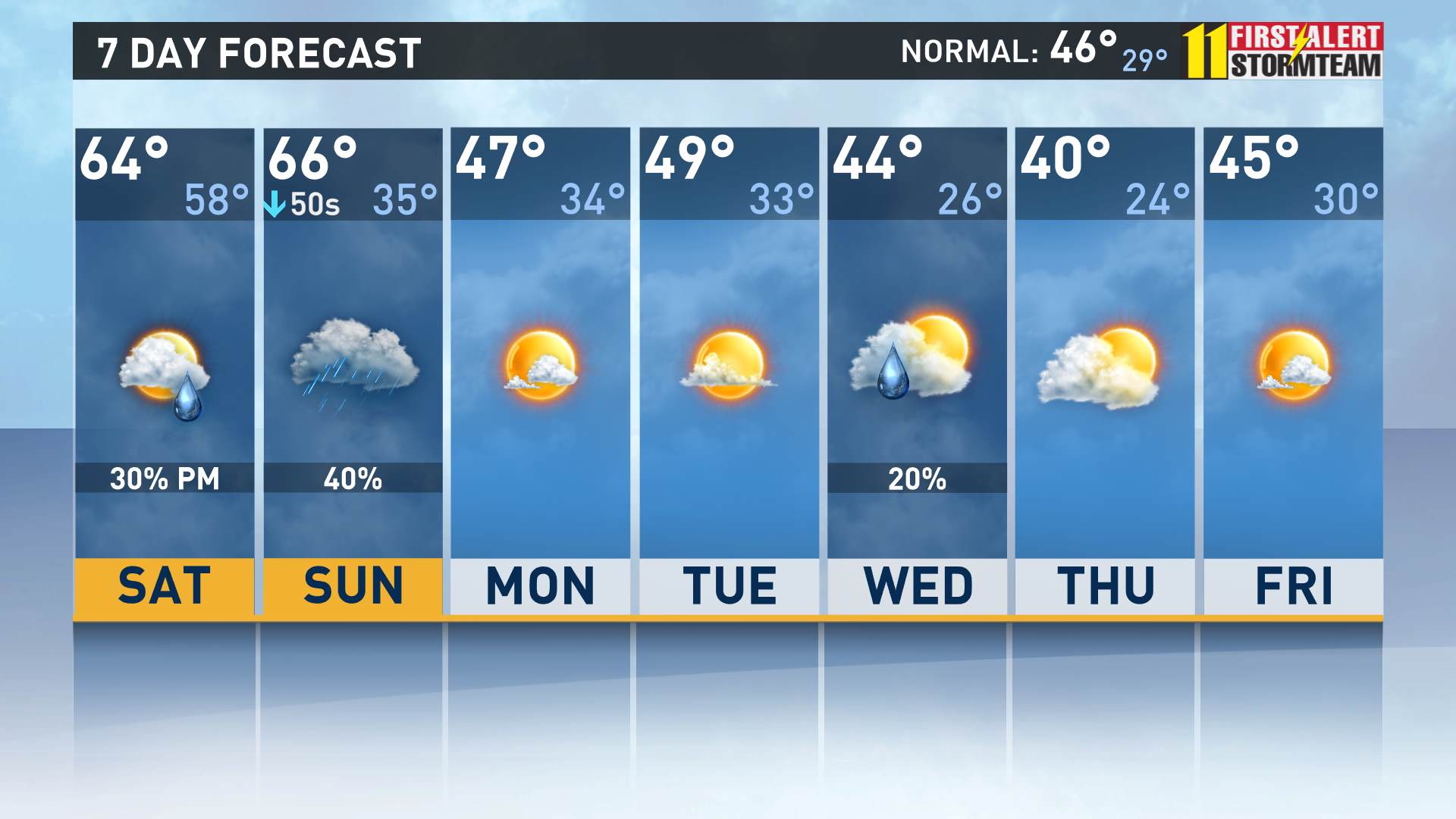Historical Weather Patterns and Trends: Louisville Weather

Louisville weather – Louisville, Kentucky, experiences a humid subtropical climate with distinct seasons. The city’s weather patterns have been influenced by its location in the Ohio River Valley and the surrounding Appalachian Mountains.
Over the past century, Louisville has experienced an average temperature of 56.6°F (13.7°C). The warmest months are July and August, with average temperatures in the mid-80s (°F). The coldest months are January and February, with average temperatures in the mid-30s (°F).
Louisville receives an average of 44.2 inches (112.3 cm) of precipitation annually, which is distributed fairly evenly throughout the year. However, the city is prone to occasional flooding during the spring and summer months due to heavy rainfall and snowmelt from the surrounding mountains.
Significant Weather Events, Louisville weather
Louisville has experienced several significant weather events throughout its history, including:
- The Great Flood of 1937: This devastating flood caused widespread damage to the city and surrounding areas, leaving thousands of people homeless.
- The Blizzard of 1978: This major snowstorm paralyzed the city for several days, with snowfall reaching over 20 inches (50.8 cm).
- The Heat Wave of 1988: This extreme heat event resulted in over 100 deaths in Louisville and surrounding areas.
Trends in Weather Patterns
Over the past several decades, Louisville has experienced a slight increase in average temperatures and a decrease in precipitation. These trends are consistent with the observed effects of climate change globally.
The increasing temperatures have led to longer and more intense heat waves, while the decreasing precipitation has resulted in more frequent droughts. These changes in weather patterns have significant implications for the city’s infrastructure, economy, and public health.
Impact of Weather on Local Activities and Events

Louisville’s weather, with its diverse seasons and unpredictable patterns, significantly influences various aspects of daily life, including outdoor recreation, tourism, transportation, and other local activities and events.
The city’s vibrant parks and outdoor spaces, such as Cherokee Park and Waterfront Park, attract locals and tourists alike. However, extreme weather conditions, such as intense heat, thunderstorms, or icy conditions, can disrupt outdoor activities and lead to cancellations or postponements of events.
Tourism
Louisville’s tourism industry is heavily influenced by weather conditions. The city’s iconic Kentucky Derby, held annually in May, draws thousands of visitors. Favorable weather enhances the overall experience, while inclement weather can impact attendance and enjoyment.
Transportation
Louisville’s transportation system is also affected by weather. Heavy snowfall or icy conditions can lead to road closures and delays, disrupting public transportation and causing inconvenience to commuters.
Businesses and Organizations
Businesses and organizations in Louisville have adapted to changing weather conditions to ensure continuity of operations and customer satisfaction. For instance, restaurants with outdoor seating areas may provide covered or heated spaces to accommodate guests during inclement weather.
In Louisville, the weather has a mind of its own, from bright sunshine to sudden downpours. If you’re looking for up-to-date and reliable forecasts, check out wcpo weather. Their team of meteorologists provides detailed analysis and live updates, so you can stay informed about Louisville’s ever-changing skies.
Louisville’s weather has been relatively calm lately, but there’s a tropical disturbance brewing in the Atlantic Ocean that could potentially impact the city. Tropical Depression Beryl is currently moving west-northwest and is expected to strengthen into a tropical storm by the end of the week.
While it’s still too early to say for sure whether Beryl will make landfall in Louisville, residents should monitor the storm’s progress and be prepared to take action if necessary.